SERVICES
Sometimes talking is hard. Art therapy provides an enjoyable and empowering non-verbal outlet for emotional release and self-expression, while a professional art therapist provides guidance and support throughout.
Find out more about art therapy

SESSION OPTIONS
INDIVIDUAL ART THERAPY
These personalised sessions provide participants with one-on-one therapeutic interventions with a qualified Art Therapist.
While predominantly specialising in supporting neurodivergent young people, I welcome all enquiries to see how I can support your needs.
Available in Melbourne, Victoria through an outreach service where I travel to your home or school (materials provided), or online.
Pricing (AUD)*
1 hour session cost $170 for privately funded or NDIS participants (Self-Managed or Plan-Managed).
The travel fee for outreach is charged at a rate of $1.60 per minute and $0.99 per kilometre from Ivanhoe, Victoria.
Travel is charged for one-way only.
*If you are having difficulty accessing your NDIS funds for art therapy, or feel the session fees are financially challenging for your current situation please don’t hesitate to let me know. I believe art should be as accessible, and will happily work with you to find a pricing scale suited to your needs.
GROUP ART THERAPY
I design and deliver art therapy group programs tailored to meet the needs of participants for a once-off or reoccurring basis.
Ideal for community, supported living, and educational settings. Group art therapy with a qualified Art Therapist encourages social inclusion, prosocial behaviours and self-expression, and improvement in well-being and interpersonal relationships.
Available in Melbourne, Victoria through an outreach service where I travel to your organisation (materials provided), or online.
Pricing (AUD)
Please enquire for group session and travel costs.
Available for private and NDIS participants.

FREQUENTLY ASKED QUESTIONS
-
Anyone can benefit from art therapy, regardless of age or artistic ability. It is particularly helpful for neurodivergent individuals, and/or those experiencing emotional and psychological difficulties, such as stress, anxiety, depression, and trauma, as well as those facing physical health challenges or developmental disorders.
-
Not at all. Art therapy focuses on the process of expression and exploration using art materials, not artistic skill or the end result.
-
Typically, art therapy sessions are 60 minutes long. This can be adjusted based on individual needs and capacity.
-
The first session is about getting to know each other, explore some materials, and talk about art therapy, your goals, and any questions you might have.
-
I bring a curated range of art materials to each session. This may include drawing materials, paints, clay, collage materials, and sensory tools. Materials are adapted to suit different ages, personal preferences, and sensory needs.
-
Absolutely, whether it is an episodic occurrence or an ongoing need, being non-verbal in sessions is always an option. We can come up with a code word or hand signal if non-verbal time is needed, no questions asked.
-
Sessions are tailored to a persons specific sensory preferences. We can adjust lighting, choose materials that feel comfortable, take movement breaks, and create a sensory-friendly environment that works for you.
-
That's completely fine. Sessions are flexible and client-led. We might talk instead, play a game, or simply sit quietly. There's no pressure to create art in every session.
-
In Australia, New Zealand and Asia, Certified and Registered Creative Arts Therapists have post graduate training and/or a specific Master’s degree and over 750 hours of supervised clinical placement. They must undergo regular clinical supervision and update their practice every year with professional development training.
-
Art therapy may be covered under certain health insurance plans or can be accessed through funding programmes such as the National Disability Insurance Scheme (NDIS) for eligible individuals. It is advisable to check with your insurance provider or case manager for specific coverage details.



